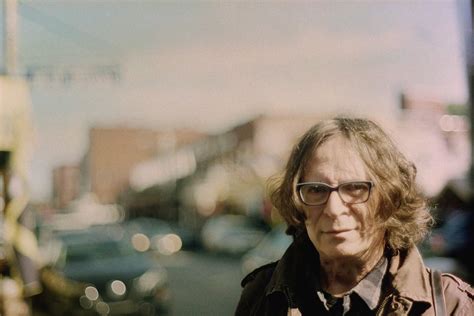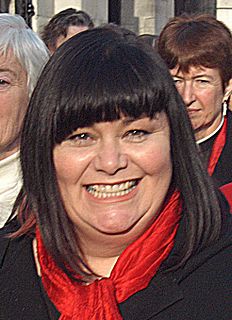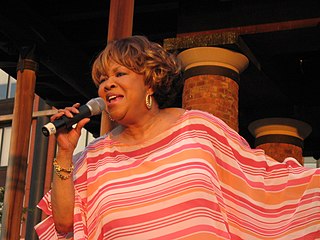A Quote by Gary Lutz
I have never felt at ease in language. I did not grow up among books or among people who read them. I heard words emerge from mouths but didn't get the hang of how people hung the things out as if on lines to get their gripes and recreational distempers yowlingly known.
Related Quotes
I always wrote. I wrote from when I was 12. That was therapeutic for me in those days. I wrote things to get them out of feeling them, and onto paper. So writing in a way saved me, kept me company. I did the traditional thing with falling in love with words, reading books and underlining lines I liked and words I didn't know.
For the first time in her life Granny wondered whether there might be something important in all these books people were setting store by these days, although she was opposed to books on strict moral grounds, since she had heard that many of them were written by dead people and therefore it stood to reason reading them would be as bad as necromancy. Among the many things in the infinitely varied universe with which Granny did not hold was talking to dead people, who by all accounts had enough troubles of their own.
When you talk to people about the books that have meant a lot to them, it's usually books they read when they were younger because the books have this wonder in everyday things that isn't bogged down by excessively grown-up concerns or the need to be subtle or coy... when you read these books as an adult, it tends to bring back the sense of newness and discovery that I tend not to get from adult fiction.
If you are resolutely determined to make a lawyer of yourself, the thing is more than half done already. It is but a small matter whether you read with anyone or not. I did not read with anyone. Get the books, and read and study them till you understand them in their principal features; and that is the main thing. It is of no consequence to be in a large town while you are reading. I read at New Salem, which never had three hundred people living in it. The books, and your capacity for understanding them, are just the same in all places.
When you get busy, the priorities change. In your twenties, you hang out with who you were in school with. Then you grow up and you hang out with the people you're playing ball with, things you like doing with. When you get married, it changes a bit and you lose some friends, or you gain other friends. You gain couple-y friends. It changes again when you have children, and then when your children are the focus of your life.






































